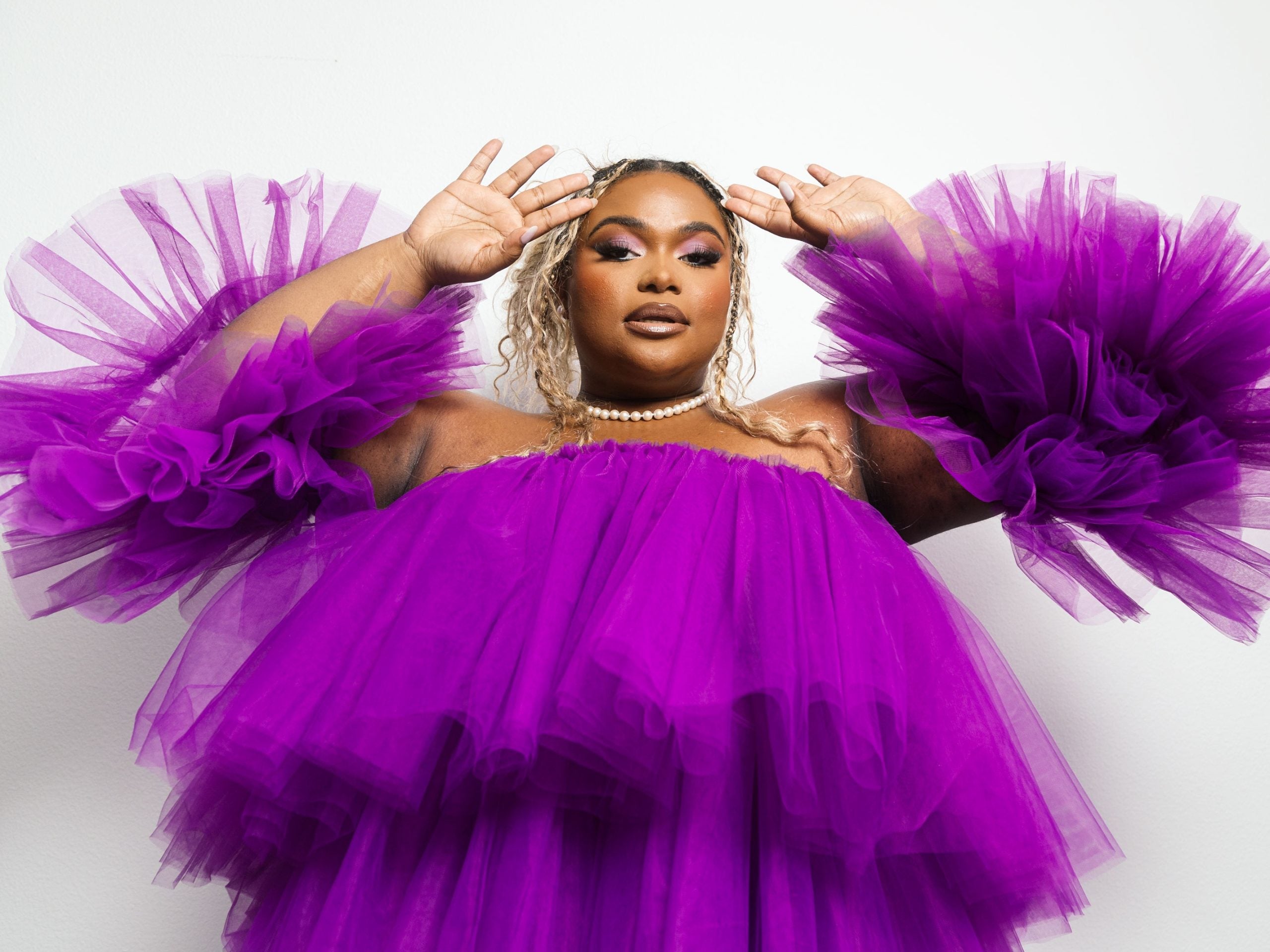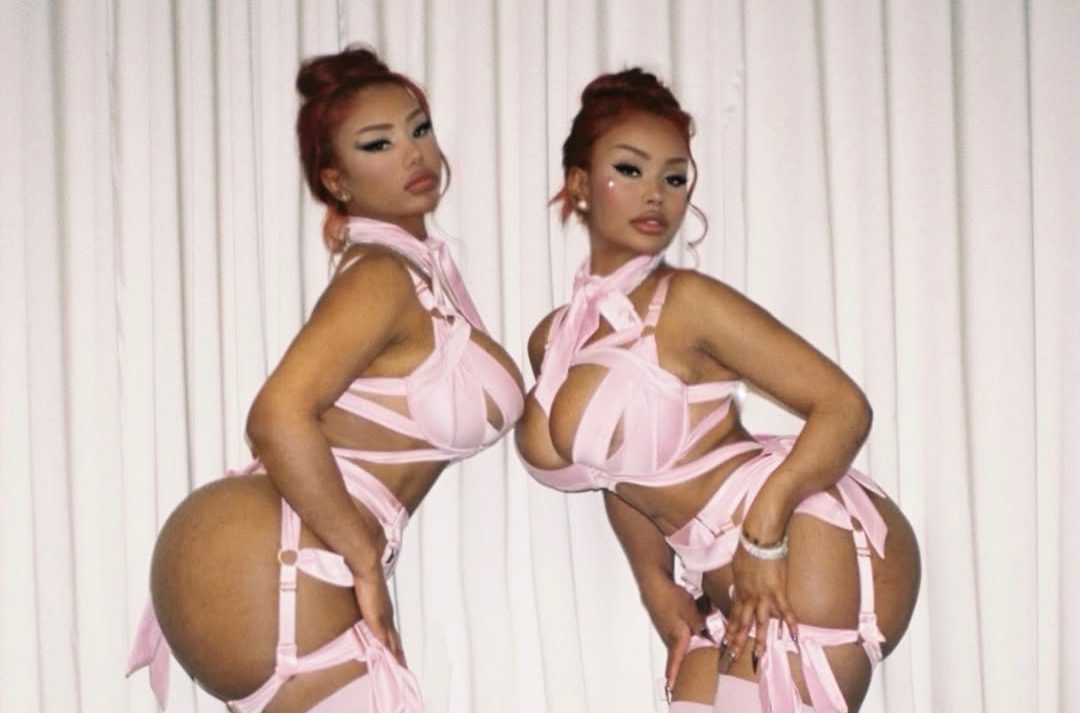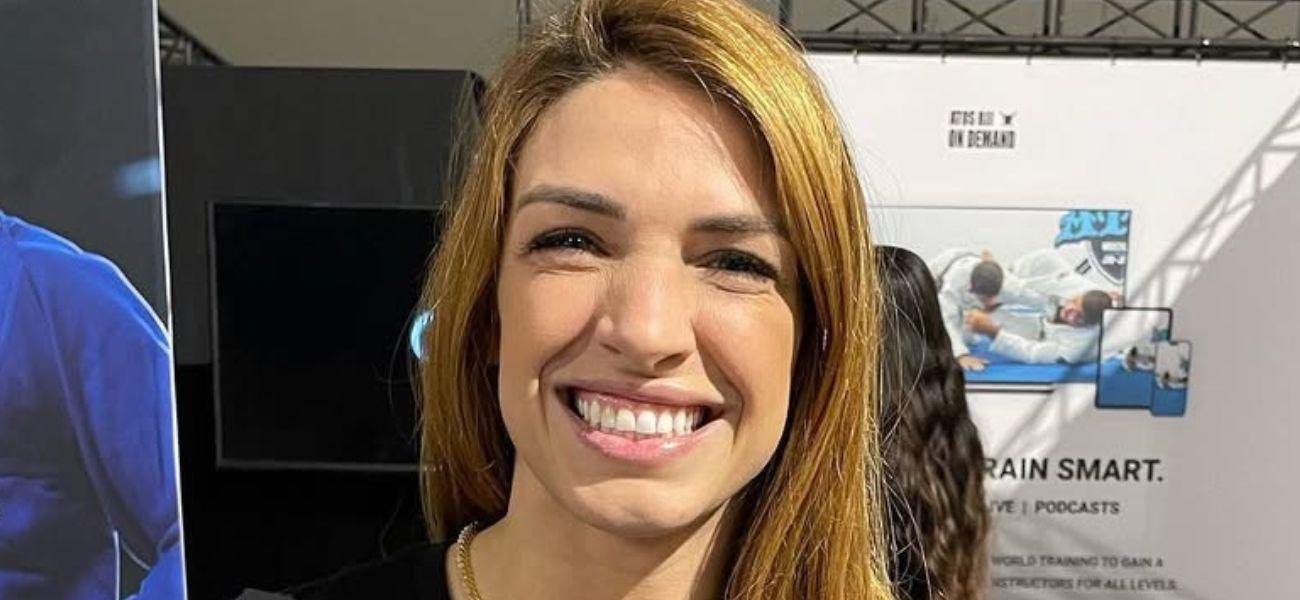With a degree from Harvard in sociology, multiple viral songs like “Plus Size Freestyle” and “Supermodel,” and a striking political and creative voice, Samyra has been changing the game in multiple industries. The recording artist, beauty mogul, and advocate for plus size inclusivity wears so many hats, so she is no stranger to modeling them at the intersection of aesthetics, artistry, advocacy, and by effect, adversity.
Samyra’s latest headline moment involved rapper Cardi B, who has since released an album aptly titled Am I the Drama? The answer seemed clear when, after selling out of plus-size merch, Cardi made tasteless jokes about her plus-size fans—calling them “fat f***s” and teasing supposed fast-food habits.
Delivered in her usual unhinged tongue, the remarks came off as derogatory, prompting Samyra to call them out publicly. When Samyra voiced her confusion on social media, Cardi responded defensively, and many fans followed with fatphobic ridicule. Samyra shared educational resources; Cardi dismissed them. Facing ongoing harassment, Samyra has since stepped back from social media to recenter.
This moment makes clear how quickly Black women who exist with a difference in aesthetic and experience are scrutinized. These women in the margins of “acceptable” beauty are prone to be pigeonholed into roles of activism, for simply voicing perspectives that should be commonly considered, if not prioritized. As a multidisciplinary artist, scholar, model, and mogul who chose to educate the ignorant in this situation, Samyra’s voice is not the problem. Our collective problem is the social climate that makes her voice necessary.
Since then, Samyra has been candid about why it was important for her to speak up, emphasizing the intersectionality of fatphobia in these cultural moments. “People really do not realize that fatphobia truly does affect everyone,” she says. “It is not just a fat issue… you’re talking about racism, you’re talking about misogyny, you’re talking about everything.”
To that end, many other fat Black women on social media have pointed out how deeply plus size advocacy is invalidated relative to other stigmatized aesthetics that are more socially acceptable. For example, many have drawn astute comparisons to speaking up about colorism or texturism. When celebrities make derogatory jokes about dark skinned women or Black people with 4C hair, there is a widespread, undeniable outrage that Samyra was not afforded when challenging fatphobia.
Since inclusivity is an intersectional practice from which everyone gains, Samyra reinforced how calling Cardi in wasn’t only meant to teach her about a valuable perspective, but it offered defense that also benefits Cardi. “I really was speaking up not only for myself, but for young girls, for anybody who looks like me,” she says. “And even for Cardi B—because she herself has spoken about how horribly the body shaming has affected her. And I made that very clear.”
The ridicule Samyra has faced is lost on many women who understand the context in which she speaks. Plus size inclusivity is a commercial desire, but it is attached to a larger lineage of fat Black feminist thought. Those who are familiar with bell hooks’ ideas on self-possession and acceptance, Roxanne Gay’s pushback against societal shame, or Sonya Renee Taylor’s critiques of our society struggling to make peace with the body understand that Samyra’s comments never existed in a vacuum.
Samyra, in her words, is “not the first or the last to advocate,” and stands beside many women who have grounded her work over the years. “We look back to Chastity Garner, Gabi Fresh—and Nicolette Mason, who eventually got invited to Target headquarters for them to launch Ava & Viv. We’re seeing the tide go back, but the tide also has to come forward. And I’m very proud to be a part of this wave.”
Samyra cites her mother, Sandra Miller, who went viral for speaking up in the aftermath of Samyra’s public moment, as her “biggest supporter and defender” in this time. It became clear how Samyra inherited her resilience and determination. “She was actually pregnant with me while she was in law school,” Samyra recounts. “My due date was her bar exam. Even though she knew I was going to come on the day of her bar, she still took it and passed.”
Black women are used to projections of unrealistic, almost superhuman expectations of resilience, strength, and even disconnection from emotion. It is the reason why so many Black women have unethically chastised Samyra for stepping back from social media to recenter in the fallout of this extremely tense and visible moment. She gracefully offered that, “just because you decide to take a step back doesn’t mean you’re weak. You actually love yourself enough to not put up with disrespect and harm. You have to recharge.”
As the capacity to recharge is often associated with self-love, moments like these pose the challenge to imagine advocacy feeling just as therapeutic and self-empowering. This is especially true for Black women within marginalized identities whose mental health, livelihoods, and reputations are already made vulnerable. “That’s part of the reason why my advocacy is the way it is,” Samyra explains about alchemizing her activism into her art. “It is very diverse in the way I do it—with the music. When I can mix the two, it makes it much easier not only for me to do the work, but also for people to understand it.”Samyra’s viral song “Plus Size Freestyle” has upward of 80 million total views. Her voice has been heard everywhere from LA recording studios to this year’s Sugar Bowl in New Orleans. As a model and consultant, Samyra’s activism has largely meant becoming the tea she wants to see in the world. She notes that, “When it comes to fat Black women, we aren’t granted the same individuality that others are. When they see me, they just see whatever fat person they want to see… We’re not granted that same, ‘oh wow, who is she?’”
Time and time again, Samyra has challenged those limits by turning looks in beauty publications and modeling for brands who value her calls for plus size inclusivity. Samyra has been clear that, even as a performer, the way she navigates her talents, experience, and society’s pitfalls is not a performance; it’s just who she is. “I have just always strived to be authentically myself. Some people like to say I do too much. I haven’t done enough, actually. I’m just getting started.”







